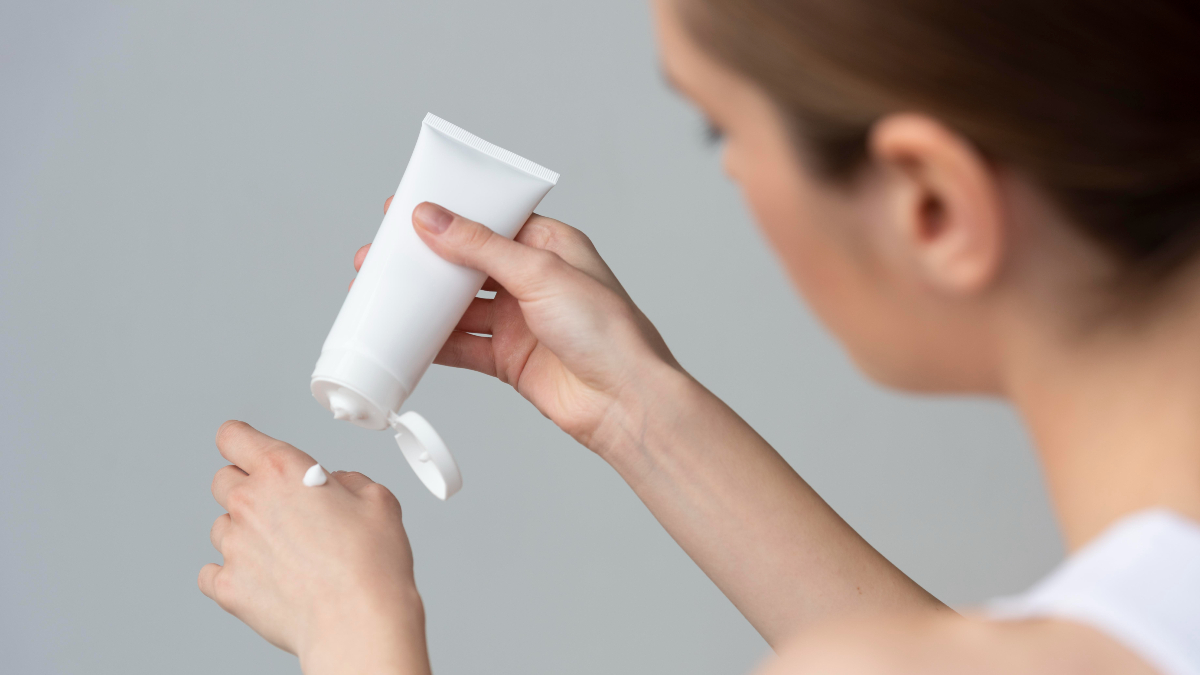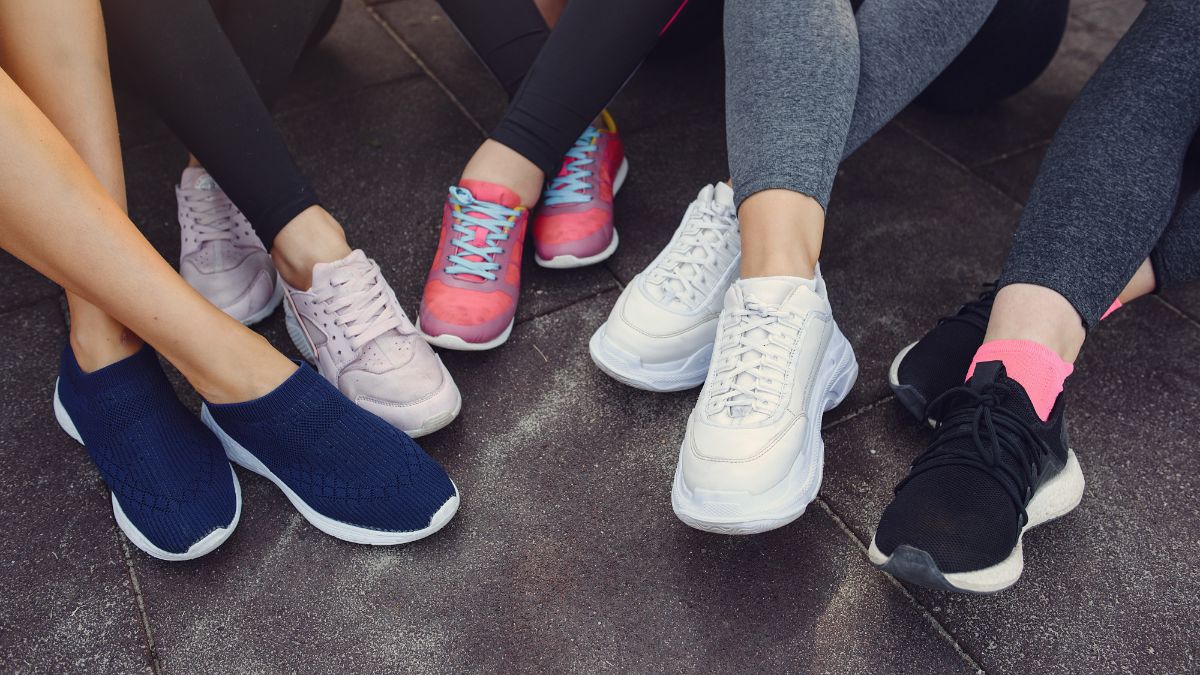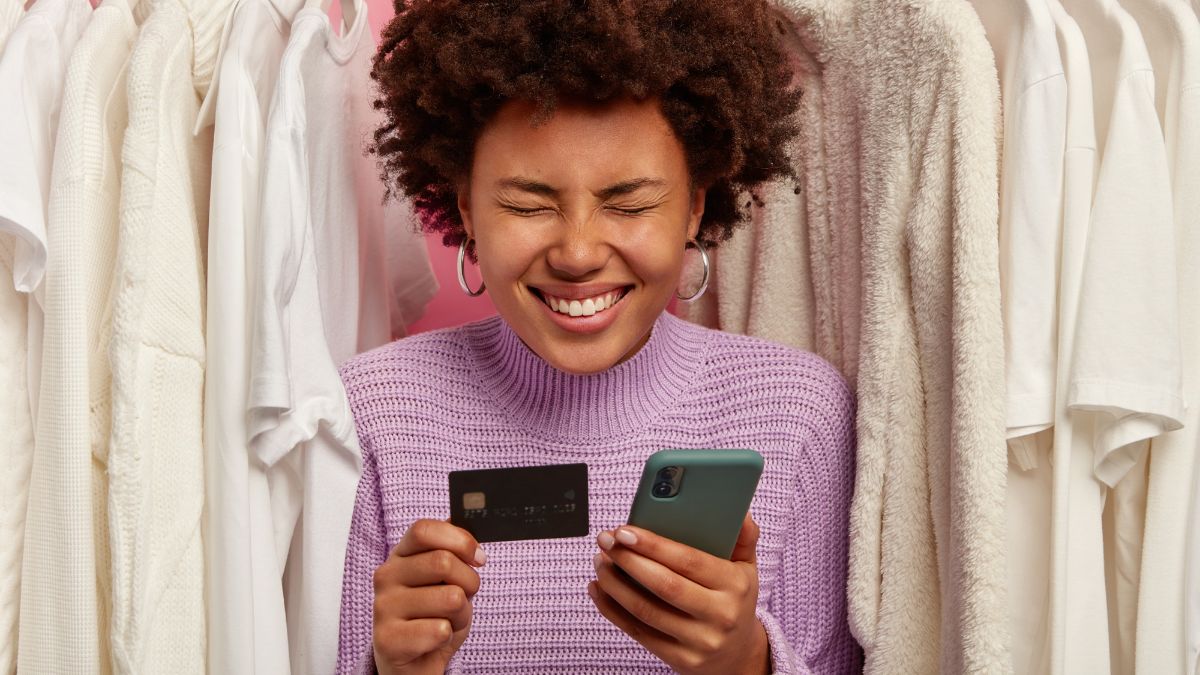
In the modern world, beauty standards have changed, and people constantly chase unrealistic expectations. The everyday person controls their body, and they aren’t afraid to try out new beauty products. Part of the complete autonomy over their body is that people now want to control what goes into their beauty products. From oils to sunscreen, lotions, and makeup, people want nothing but the best. However, companies aren’t always able to deliver. Sometimes, they use loopholes to market and sell their products.
Cruelty-Free Loopholes
Unfortunately, companies that advertise as cruelty-free aren’t always telling the truth. Animal-testing for beauty products is frowned upon in most parts of the world. Most consumers hope that it will come to an end soon. However, millions of animals are still being used to test cosmetic ingredients every day; Cerave, for example, has been the topic of many vegans and vegetarians for a while. When companies term a product as cruelty-free, they don’t give any lengthy explanations about it. The logos are vague and meant to attract customers.
Generic statements like ‘we are against animal testing or ‘we believe all animals are innocent’ should be taken with caution. If, for example, a company claims that it doesn’t test on animals, it could simply mean that they hire others to do it.
Deceitful Advertising
The advertisements made by cosmetic companies aren’t always truthful or accurate. Sometimes, they use false promises to lure in customers. For example, they may advertise ‘miracle serums’ as capable of clearing wrinkles and fine lines in just a few days. Miracle shampoos may come with the promise of mending split ends.
While some of the claims look outrageous, others capture customers’ attention with phrases like ‘medically-proven,’ ‘all you need for confidence,’ or ‘recommended by dermatologists.’
Unfortunately, only 18 percent of the claims that cosmetic commercials make are true.
In some commercials, they leave out important information. Ambiguous/vague ads are manipulative and deceitful. Omissions and outright falsehoods are more common than most customers imagine.
Even though the FDA monitors all beauty products, the truth is that all they can guarantee is product safety. They have no way to guarantee that a product is effective or that it does what advertisers claim.
Disguising Preservatives
Even though nothing is particularly wrong with preservatives, some cosmetic companies disguise them. While some people argue that preservatives are necessary and great for keeping bacteria away, others don’t want any preservatives in their beauty products.
Companies trick customers into buying their products by using other names to name preservatives. A common preservative, for example, could be labeled as an essential oil; If the product has multiple preservatives, they may say that it has only one.
There are policies in place allowing these companies to name their preservatives as ‘process aids.’ This means they don’t have to declare them on their packaging. The loophole has made it easy for cosmetic companies to sell their products.
Regulations In the Industry Still Have A Long Way to Go
Even though the cosmetics industry has come a long way, it still has a long way to go. It isn’t where it needs to be yet. From blatant lying about ingredients to omissions, cosmetic companies are constantly putting their customers in danger. These companies dare to lie because not much is being done to protect consumers. Proving their lies is difficult as one would have to test the product in a lab. Regular consumers don’t have the time, money, or energy to do it. While it is unethical, profit is all that matters to some of them.
Since the industry is so big, it is no surprise that corruption exists. The FDA has lots of loopholes, and using terms like ‘cosmeceutical’ and ‘cosmetic’ can be confusing for the average consumer. Many beauty products, for example, are advertised as having medicinal benefits. In reality, however, cosmetics shouldn’t have medicinal effects. This is a loophole that marketers are always trying to exploit.
Beauty Influencers
Beauty influencers are just as crucial as influencers in other sectors. They post content regarding their skincare, makeup, and more. The influencers reach large audiences on Instagram, YouTube, and other platforms, but unfortunately, they aren’t always telling the truth.
High-level influencers have been known to exaggerate or flat-out lie when marketing beauty products. Some cosmetic companies use these influencers to spread negative reviews against their competitors. While this can attract serious legal consequences, it is often difficult to prove.
In conclusion, the beauty industry has come a long way. In the past, thin and light skin were the standards of beauty. Today most people are included. However, progress cannot be said for marketing. There are lots of loopholes, and marketers are taking advantage of them to increase sales. While trying to satisfy the need to be beautiful, consumers fall into marketing traps they don’t know about.




